Five Things You Need to Know about 'Finding God: To Believe or Not to Believe'
 We have a special guest today! Nicholas Oliva, author of the nonfiction spiritual book, Finding God: To Believe or Not to Believe (Old Line Publishing) , is here to give us five little known facts about his book!
We have a special guest today! Nicholas Oliva, author of the nonfiction spiritual book, Finding God: To Believe or Not to Believe (Old Line Publishing) , is here to give us five little known facts about his book!Five Things You Need to Know About Finding God: To Believe or Not to Believe
by Nicholas Oliva
1. This book explores the world of science, religion and atheism and integrates them into the aspects of the Twentieth and Twenty-first Century physics. It ponders life and death experiences and includes the author’s own near death experience. Posing many questions about the realm of our existence, it stresses the importance of promoting humanity without exclusionary elements of human prejudice. These and many other contemporary issues are combined with the latest scientific and philosophic theories in the search for real truth of subjects that have brought down entire empires in bloodlust, and have each of us pondering the eternal “Why?”
2. The origin and history of the New Testament is explored in depth and you will be very surprised by how these writing became a part of Christianity through an act of war. In what we now know as the first two centuries, there was no New Testament. Early reformed Judeans read many forms of contemporary scripture other than what we have in this era. Much has been lost to time and devastating wars. Some writings dating back to what we now know as 100 BCE show the belief of not just one God, but as many as twenty-five Gods. Some expounded evil Gods, while later in the 1st Century AD some spoke of Jesus as a teacher, not a god, some say rabbi, and some just an ordinary man. The text of some say Jesus had nothing to do with man’s ultimate salvation, and others claimed there was no crucifixion and death of him at all. These were the same writings known at that time and read widely. From all these massive works came forth only four essays which became the basis for the eventual precepts of Christianity. Over two-hundred-fifty years later, the New Testament begot the roots of its existence from what was written on scrolls by men who were not there at the time when all this took place. The four gospels of Matthew, Mark, Luke, and Paul, which form the basis and foundation for the faith of Christianity for the last seventeen hundred years, began as testaments to the way of life in the first and second centuries.
3. I waited a long time to begin writing this book. The incidents contained within occurred in October 2004, while at a hospital in Nevada. There are a few reasons why I chose to wait this long to tell my story. The first and most influential was the reasoning that by taking a stand on what I experienced and believe, I would have many detractors and people who would attack me in order to perpetuate and bolster their own beliefs and/or lack of beliefs and use me as an example. In order to fully explain what I've gone through, I will have to touch upon religion, morality, and ethics. My eschatological theme is actually non-religious and promotes the energy within as Godly, not the looking outward, by seeing with the eyes of the world. I always have been skeptical of near-death experiences or NDE. So it was with much skepticism I examined the empirical evidence of charts confirming the flat-line of my heart while in intensive care. My serious side, the constant pain I endure every day, and the nature of my humor can transcend many times in that triumph over intense pain. The human drama melts into a comedic stance flipping the bird to the Great forces that be and fights to keep the light on, long after the door closes. That is my part of my legacy, for what it is worth and this is the story of it.
4. We are in the second century since the collision of science and religion. One is based in empirical evidence; the other is based on thousands of years of pure faith. The book utilizes pop icons and imagery and humor to break up the usual scholarly and tedious reads that usually surround this subject. The book, eventually entitled “Finding God: To Believe or Not To Believe was focused to speak to part of a contemporary worldwide groundswell for what constitutes the thirst for “truth” of religion/spiritualism. I attempt to build a bridge between atheism and the turn of growth to extreme fundamental Christianity and other religions. I tried to promote a common sense attitude that we do not have all the answers as to an existence of the essential force of our lives. The human race finds itself constantly at war for a cause that has absolutely no empirical data that can prove anything either way. People are looking for a sane intelligent answer to the question “why” and this book helps define the individual and their place in this universe while showing the real abuse of power and myth now and throughout the centuries. The book also includes details of the repeated sexual abuse I received as a child of ten years-old from a Catholic Pastor, the motivation of fear as tool of empowerment, and the contemporary philosophies as well as the latest theoretical physics concerning God, quantum theory, and theories of the creation of the universe.
5. I wrote this book to try and make a difference. Don't you think that if people would wake up and realize that life is so short that they could put aside their differences and follow "the Golden Rule" and just do unto others as they would have done unto themselves? “If” is the key word in this question. “If" is a small word with huge implications. One of the quotes I use in the beginning of my book is from Star Trek II. "How we deal with death is at least as important as how we deal with life, wouldn't you say?" Most would “not say” as they fear the unknown, no matter how imminent it is going to be and allow that fear to seep through in myriad ways that are not healthy or good for society as a whole. Hence our worldwide situation of swallowing that bitter pill to prevent those fears from taking our psyche over and to begin dealing with each other with compassion and understanding without judgments over which God we chose. It is a tough road to traverse but as society develops the technology that will decide our ultimate future, we need to live in the now and take care of ourselves and those that we love.
Another primary reason for writing this book was to try and create a bridge for people of different spiritual beliefs (or none) to come together and understand that each has their own path. For example, if we take away any possibility for life after flesh, does it make any difference in how one acts in this dimension? If one is an atheist or a Christian should they not act to make the choice for the betterment of society as a whole?
“To believe” is a leap of faith and no one should deny anyone that faith as long as it doesn't hurt anyone else and if one does not have that faith then they can be just as humanist as Mother Theresa. I realize it is a daunting task to ask such polar opposite thinkers to come together but what I am saying is logical. My god doesn't beat your god and if you don't have one doesn't mean that you are a horrible human being. Society needs to enlighten or lighten up on the essence of being human. In geologic time we have been here but seconds and we need not be so arrogant to those of our own species as if we have the answers to all salvation and they are heathens not worthy of being on this earth. Being religious does not mean that you live in a spiritual way. Spirituality is of the human mind and is a way of life not a ritual to practice on Sundays. Love is the greatest gift that we have. Sharing it and being selfless is the hardest part of accepting that gift. I am grateful to be able to be here now...and really that's all I can ask for.
Nicholas Oliva (O-lee-va’) has been a musician, writer, poet, photographer, an audio engineer, an Entertainment and Technical Director for over twenty-five years.
His first book, Only Moments, was published in 2007, which was a novel that followed the lifetime journey of the professional musical career of a husband and wife team to the year 2020.
His latest book is Finding God: To Believe or Not To Believe, now available at Amazon.com as well as Barnes and Noble and will be available in the Kindle Store soon. To visit the website go to www.tobelieveornot.com. Mr. Oliva’s other Websites are OnlyMoments and for his first book Only Moments by Nick Oliva. You can find him on Facebook as well on either the book page Facebook | Finding God: To Believe or Not To Believe or his home page http://www.facebook.com/noliva.
Oliva lives in the quiet mountains of Nevada.
















































































































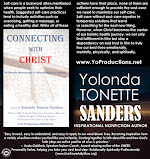


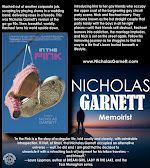


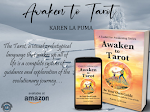

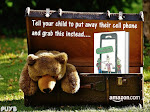



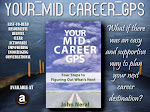
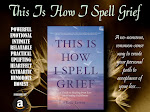
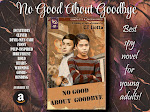


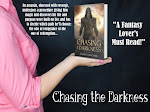
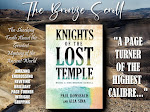


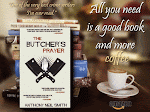
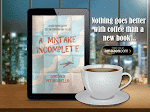
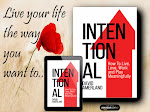
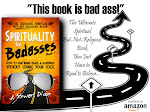

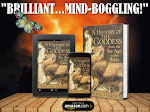


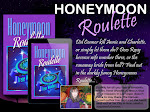
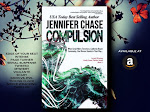
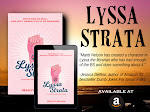
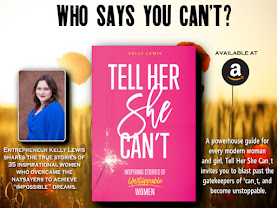









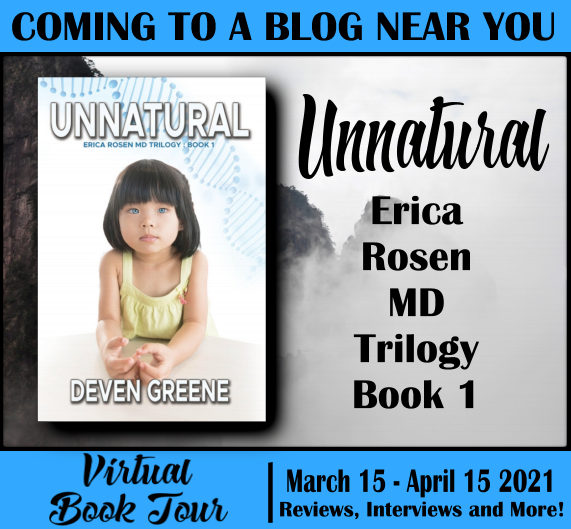




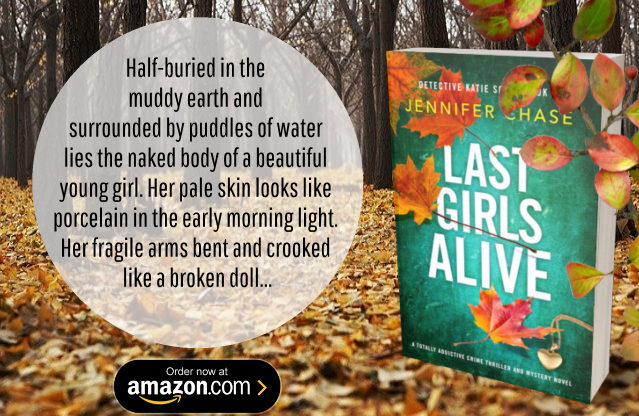
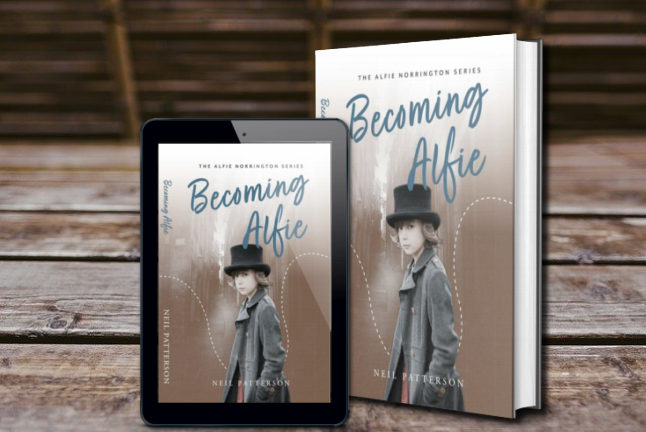
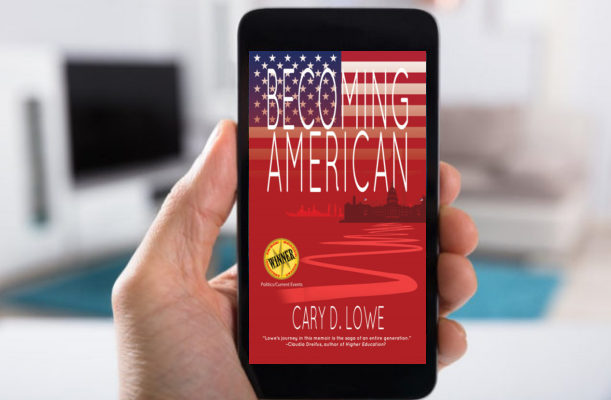


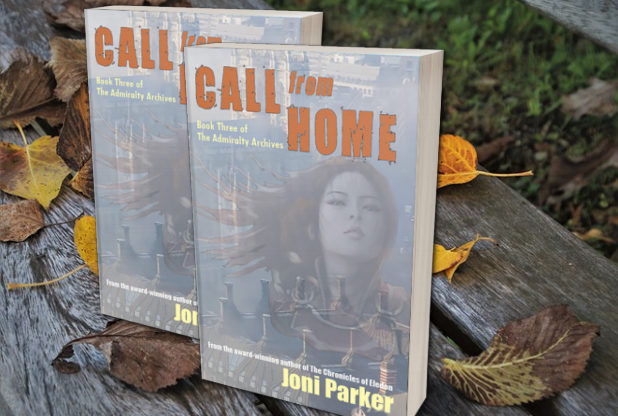



Leave a Comment